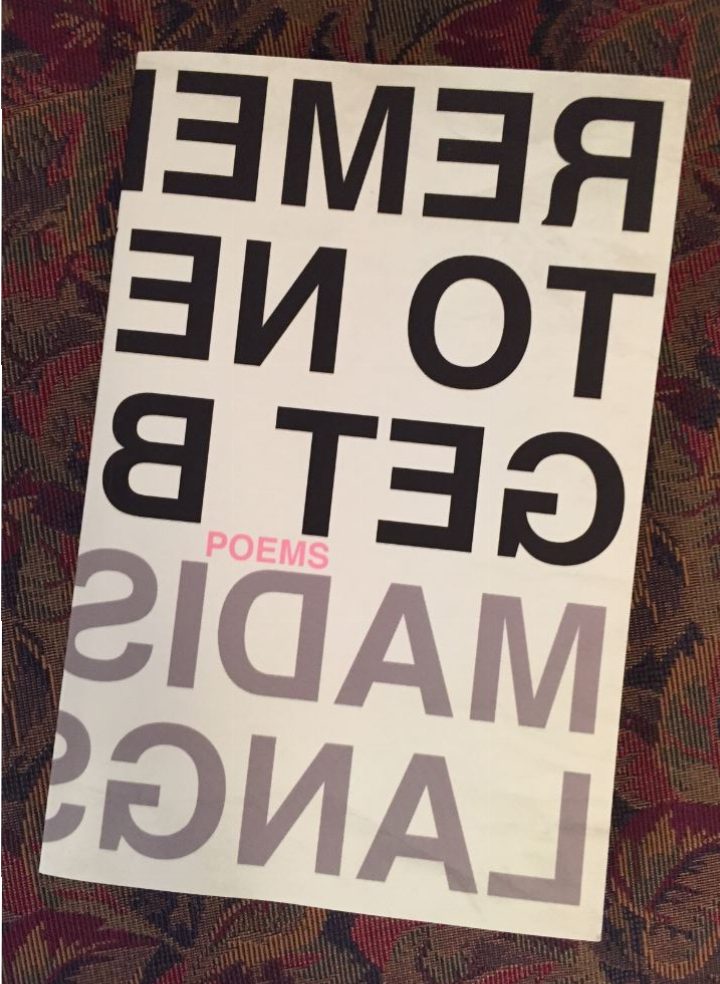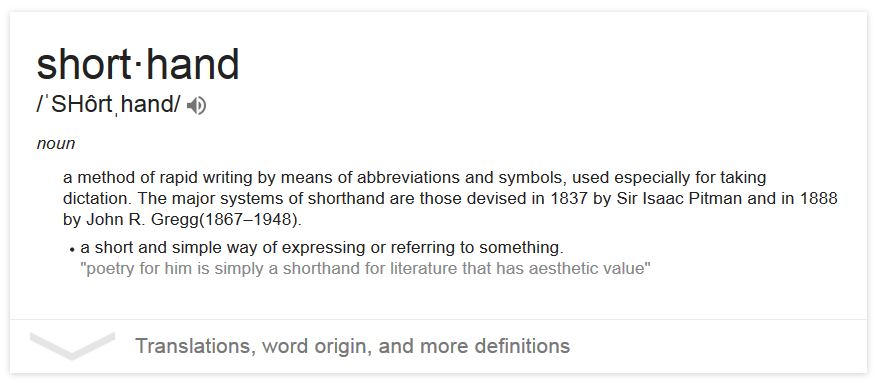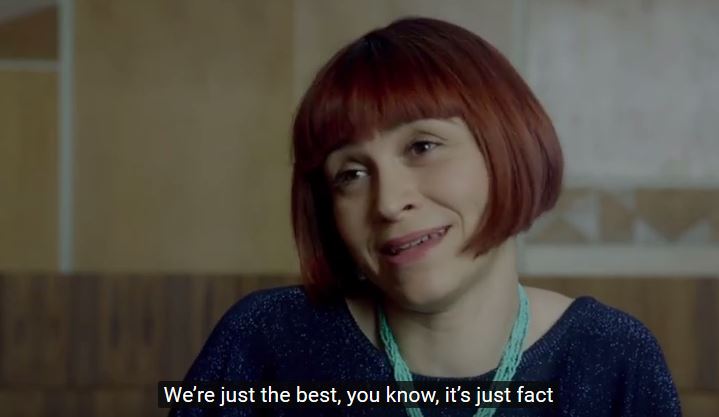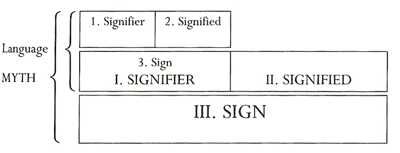
One of our department’s former students just published a collection of her poems and, reading it the other night, one in particular caught my attention for the way it so nicely, so succinctly, captured the role alienation and nostalgia play in acts of identification.

I don’t think I need much commentary here, other than to say that distance brings things into a new perspective, helping us to edit, select, focus, and, yes, overlook and even forget…, such that our idea of home is the result of finding ourselves elsewhere and identity is the product of discovering what we’re not.
Dorothy tapping her heels together told us as much.


 Anyone who knows me knows that I walk my dog early each morning — lately I’m regularly going to a nearby park where, well, Izzy goes regularly as well. But every now and then I change it up a little — variety is the spice of life and all that — and so I park here and we walk there or park over there and then we walk here. Sometimes I park in one of the lots but other times I pull over off the small loop of a road and park on the grassy shoulder.
Anyone who knows me knows that I walk my dog early each morning — lately I’m regularly going to a nearby park where, well, Izzy goes regularly as well. But every now and then I change it up a little — variety is the spice of life and all that — and so I park here and we walk there or park over there and then we walk here. Sometimes I park in one of the lots but other times I pull over off the small loop of a road and park on the grassy shoulder.  I’ve written before about the curious relationship between form and content — and the manner in which (despite how we usually think about it) meaning is the product of the former.
I’ve written before about the curious relationship between form and content — and the manner in which (despite how we usually think about it) meaning is the product of the former.
 I went to lunch the other day and, unknowingly, locked a squirrel in my office.
I went to lunch the other day and, unknowingly, locked a squirrel in my office.  Have you seen this video, about giving a genetic test for ancestry/origins to a group of people who each seem to think they’re pure blood?
Have you seen this video, about giving a genetic test for ancestry/origins to a group of people who each seem to think they’re pure blood?


